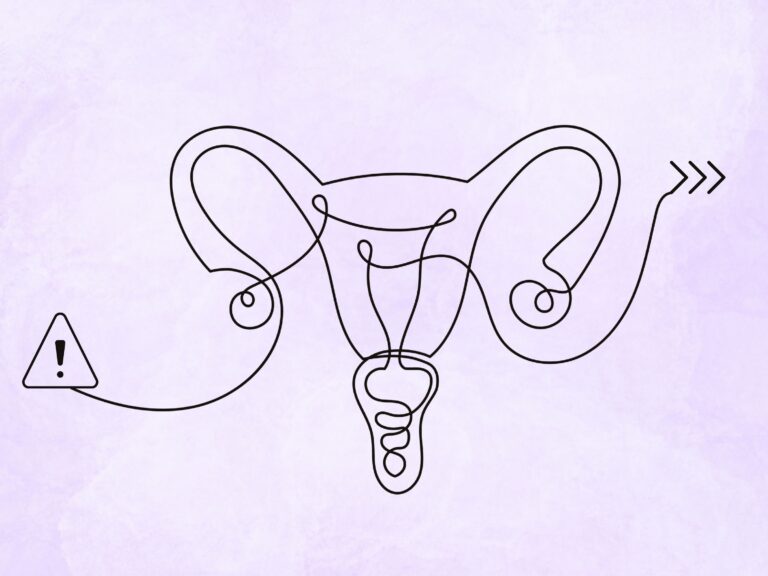Positive high-level results from the POTOMAC phase III trial showed one year of treatment with Imfinzi (durvalumab) plus standard-of-care BCG induction and maintenance therapy demonstrated a statistically significant and clinically meaningful improvement in disease-free survival for patients with high-risk non-muscle-invasive bladder cancer compared to BCG induction and maintenance therapy alone.
To access this subscriber-only content please log in or subscribe.
If your institution has a site license, log in with IP-login or register for a sponsored account.*
*Not all site licenses are enrolled in sponsored accounts.
Login Subscribe
If your institution has a site license, log in with IP-login or register for a sponsored account.*
*Not all site licenses are enrolled in sponsored accounts.
Login Subscribe









